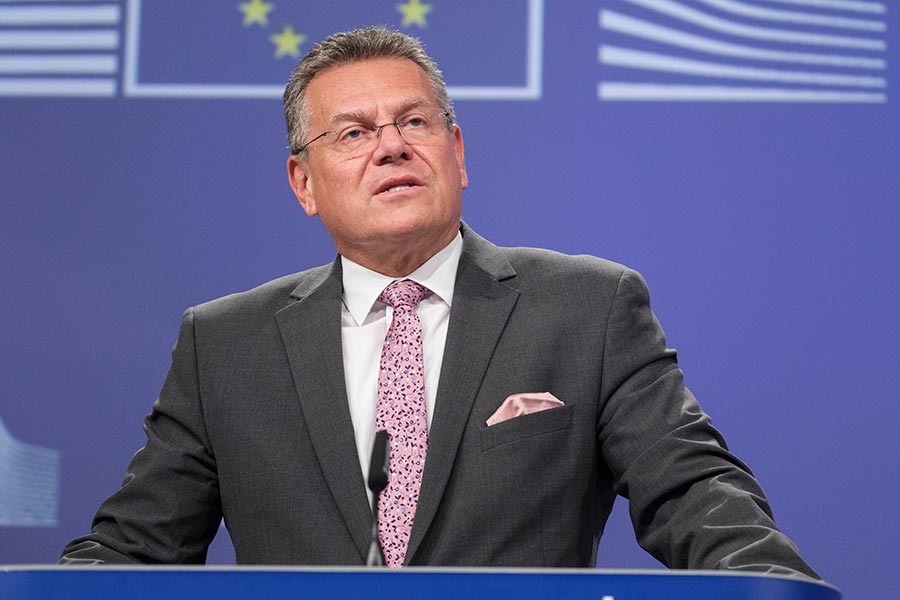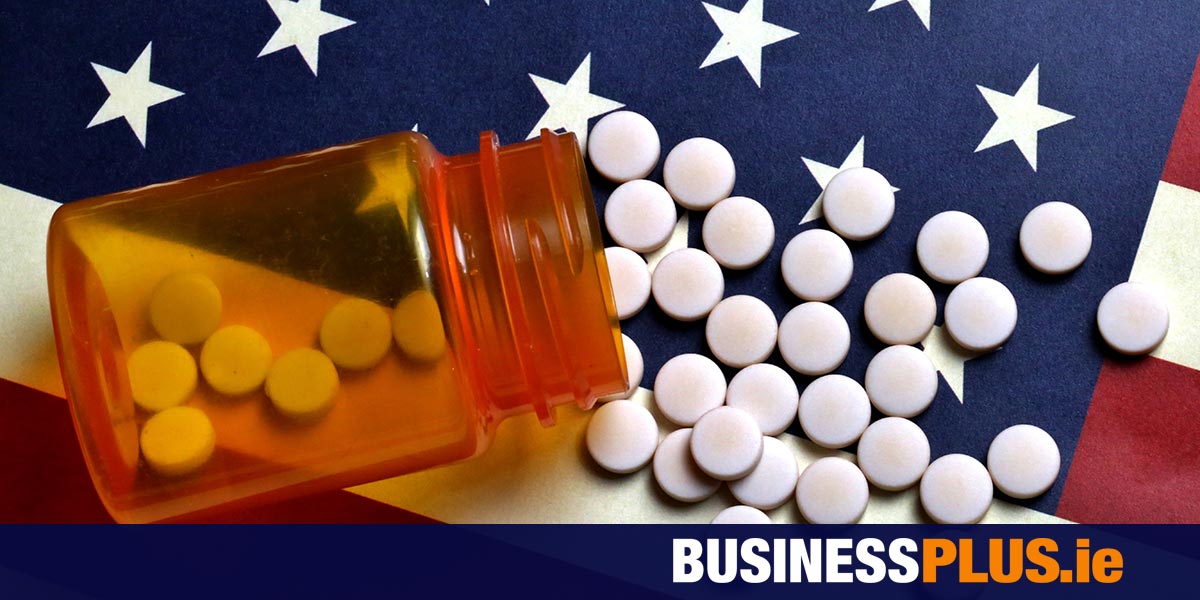The European Union has sought to calm fears after U.S. President Donald Trump announced sweeping new pharmaceutical tariffs, insisting that an existing trade deal protects Europe’s drugmakers from the steepest levies.
Trump revealed that starting 1 October, the United States would impose a 100% tariff on “any branded or patented pharmaceutical unless a company is building their pharmaceutical plant in America.”
He defined this requirement as “breaking ground and/or under construction.”
The move is part of his wider push to encourage domestic manufacturing, but its immediate scope for international partners remains uncertain.
Officials in Brussels were quick to underline that Europe is shielded from such measures under a bilateral agreement reached in July.
The deal capped tariffs on a range of goods, including pharmaceutical products, at 15%.
“The European Union’s trade deal with the United States shields the union’s pharmaceutical exports from tariffs higher than 15%,” the European Commission said in a statement.
The EU pointed to the joint pledge in which Washington committed that tariffs on pharmaceuticals, semiconductors, and lumber would not exceed the 15% ceiling.
Trade spokesman Olof Gill described the clause as a safeguard.
“This clear all-inclusive 15% tariff ceiling for EU exports represents an insurance policy that no higher tariffs will emerge for European economic operators,” he said.
Gill added that “the EU and US continue engaging towards implementing the joint statement commitments, while exploring further areas for tariff exemptions as well as wider cooperation.”
Nonetheless, the sudden U.S. announcement raised eyebrows.
“The US announcement came out of the blue in some respects,” Gill admitted, though he stressed, “but it doesn’t have any meaningful impact for the European Union.”
He reiterated that “we [EU] have a clear all-inclusive 15% tariff ceiling arising from our deal with the US … and we look forward to that being implemented soon.”
 EU Commissioner for Trade Maros Sefcovic. (Photo by Thierry Monasse/Getty Images)
EU Commissioner for Trade Maros Sefcovic. (Photo by Thierry Monasse/Getty Images)
According to Gill, the terms are written “in black and white” and represent a “clear commitment.”
European Commissioner for Trade Maroš Šefčovič has already met his U.S. counterpart Jamieson Greer to discuss the matter, underscoring Brussels’ determination to ensure that the deal holds and Europe’s pharmaceutical industry remains insulated from tariff shocks.
Reacting to the news, Aidan Meagher, EY Ireland Tax Partner and Life Sciences Tax and Law Lead, said: “The European Commission has confirmed that the US pharmaceutical tariff announcement will not impact the EU, citing the July EU-US Joint Statement which caps pharma tariffs at 15%.
“While this reassurance is welcome, further clarity is needed from the US administration on the legislative basis for the proposed 100% tariff, whether it falls under the International Emergency Economic Powers Act (IEEPA) or Section 232.
“At this stage, it’s important to confirm that the US aligns with the EU’s interpretation of the agreement.
“For Ireland, it is of particular importance given our role as a major pharmaceutical hub, to understand whether companies with existing or planned US manufacturing operations will be exempted, and whether a definitive list of such companies will be published.”
